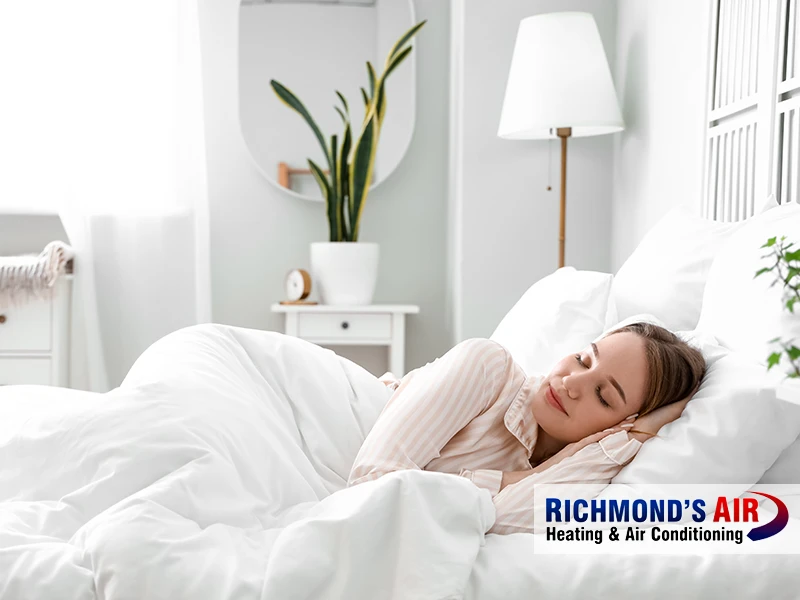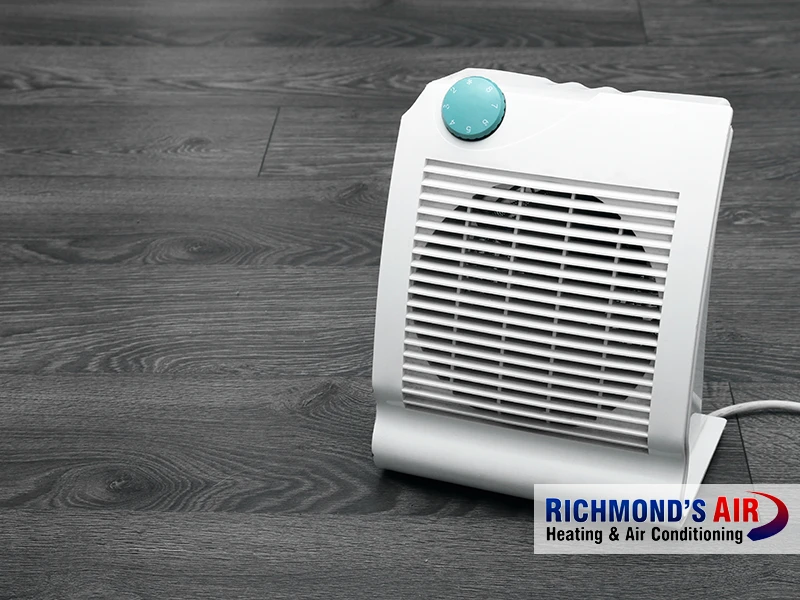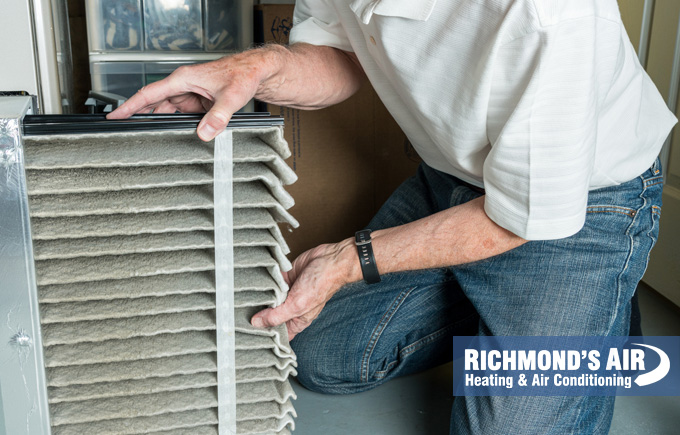In Houston, where temperatures can fluctuate dramatically, the question of when to turn on the heater for a comfortable night’s sleep sparks diverse opinions.
Based on local Reddit discussions, Houstonians have varying preferences for their nighttime temperatures. Some wait for the mercury to drop well into the 40s, while others set their thermostats higher.
A snapshot of Houston’s heating preferences
A Reddit poll of 330 participants revealed a range of preferences:
- 75 people turn on the heater at 65 degrees.
- 65 people turn on the heater at 60 degrees.
- 60 people turn on the heater at 55 degrees.
- 130 people wait to turn on the heater until it dips under 50 degrees.
Quotes from local Texans reflect this diversity:
- “Needs to be well into the 40s outside before I even have the thought.”
- “Gotta be below 50, my house is well insulated…”
- “My machine is set at 75. If it drops below, it heats…”
Here are a few more responses shared on Reddit threads, along with our take below:
“75 day/72 night.”
This setting suggests a balance between comfort and energy efficiency. The slight drop in temperature at night aligns with the body’s natural preference for cooler temperatures while sleeping.
“68-70 all day/night, in an apartment.”
Smaller spaces like apartments often require less energy for heating and cooling. This lower temperature range indicates a preference for a cooler environment, which is feasible in a smaller space without incurring significant energy costs.
“73 in the day, 69 in the bedroom at night with a separate unit.”
Using a separate unit for the bedroom demonstrates a desire for precise temperature control where it matters most, likely for improved sleep quality. It also suggests a strategic approach to energy use, focusing on heating and cooling only the necessary areas.
“76 workday, 70 evening, 67 sleep.”
This gradual decrease in temperature shows a keen awareness of daily routines and comfort needs. Lowering the temperature for sleep is a common practice, given the body’s natural cooling during the night.
“80 when away, 78 at home, 76 evening, occasionally 74 at night.”
This respondent prioritizes energy savings by keeping the temperature relatively high, especially when not at home. The gradual reduction in the evening and occasionally at night indicates a balance between comfort and cost savings.
A reminder: This is a minimal set of data rather than a comprehensive representation of AC preferences.
Energy efficiency and cost savings
While personal comfort is key, considering energy efficiency and cost savings is also crucial, especially during Houston’s cooler months.
Setting your thermostat to a lower temperature at night can significantly reduce your heating bill.
The U.S. Department of Energy suggests setting your thermostat to 68 degrees during the day in the winter.
Energy tips for institutional and government buildings
Adjust your thermostat. In the summer, set your thermostat to 78 degrees when the work place is occupied, and 85 degrees or off after business hours.
In the winter, set your thermostat to 68 degrees when the work place is occupied, and 60-65 degrees or off after business hours. You can save up to 3% for each degree the thermostat is raised in the summer and lowered in the winter. Using ceiling or room fans improves air circulation.
Regular HVAC maintenance
Regular HVAC system maintenance ensures that it runs efficiently and effectively, providing optimal heating without unnecessary energy expenditure.
This includes routine checks, cleaning or replacing filters, and ensuring your system is in top condition to handle Houston’s unique climate.
Ductless mini-split AC systems and heating
For those considering an upgrade, ductless mini-split AC systems offer an efficient alternative. These systems, known for their cooling efficiency, also have heating capabilities.
In fact, they’re often referred to as ductless heat pumps because of their dual functionality. This makes them a versatile and energy-efficient option for year-round climate control in your home.
They provide targeted heating (and cooling) in specific areas, leading to better energy management and potentially lower utility bills.
The do’s and don’ts of space heaters
Safety tips and best practices for using space heaters as a source of supplemental heat in your home.
Ideal sleeping temperature
The trend of lowering temperatures at night aligns with sleep science, which suggests cooler temperatures for better sleep quality. The ideal range is typically between 60 to 65 degrees Fahrenheit.
Cooler temperatures help decrease your body’s core temperature, a necessary factor for restful sleep. Adjusting your thermostat accordingly allows you to create an optimal sleeping environment that enhances sleep quality while being energy efficient.
Setting your AC when you’re on vacation
Should you do anything to prep your AC/heating system before leaving on vacation? What should you set the temperature at to save energy?
General recommendations from ERCOT (Electric Reliability Council of Texas)
- Adjust your thermostat by 1-2 degrees. ERCOT suggests raising your thermostat by 1-2 degrees in the summer and lowering it by 1-2 degrees in the winter when it’s safe and comfortable. This slight adjustment can reduce energy consumption significantly across the grid.
- Avoid using large appliances during peak hours. Limit the use of energy-intensive appliances, like dishwashers, washing machines and dryers, during peak demand periods, typically from 3 p.m. to 7 p.m.
- Turn off and unplug non-essential lights and electronics. When not in use, turning off lights and electronics helps you avoid unnecessary energy drain.
Here are some additional points to consider:
- Personal comfort. Ultimately, the ideal thermostat setting depends on your comfort level and health needs. ERCOT’s recommendations are suggestions, not requirements, and you should adjust them based on your preferences and circumstances.
- Safety first. Never compromise safety for energy conservation. If adjusting your thermostat could jeopardize the health or well-being of vulnerable individuals in your home, prioritize their needs above reducing energy consumption.
Need professional HVAC advice or services? Contact Richmond’s Air.
How Houston residents set their AC temperature reveals a thoughtful approach to balancing comfort with energy efficiency.
Whether you prefer a consistent temperature throughout the day or adjust based on your presence at home, it’s clear that efficient AC use is a priority for many.
Contact Richmond’s Air for expert advice on optimizing your AC settings for comfort and efficiency or for any AC maintenance needs.
Richmond’s Air is also here to assist if you’re looking to upgrade your thermostat, require maintenance for your central heating and air system, or have any other HVAC-related queries.
We can help you find the perfect balance to keep your home comfortable and your energy bills in check.
 Read reviews
Read reviews










